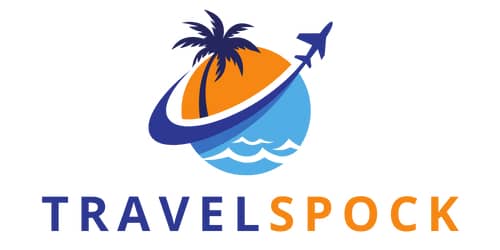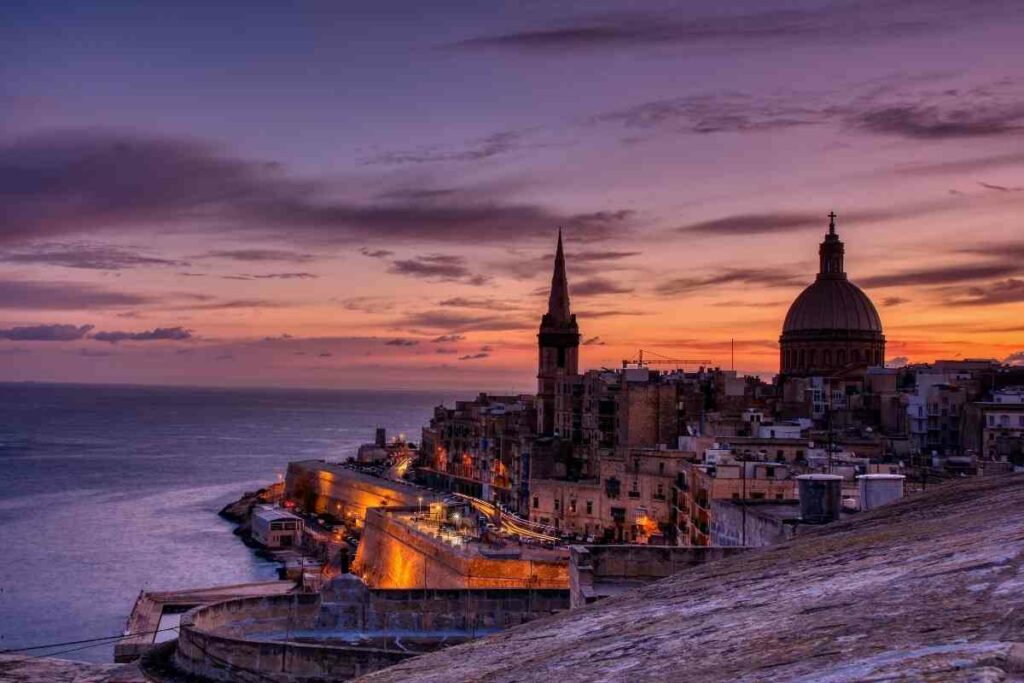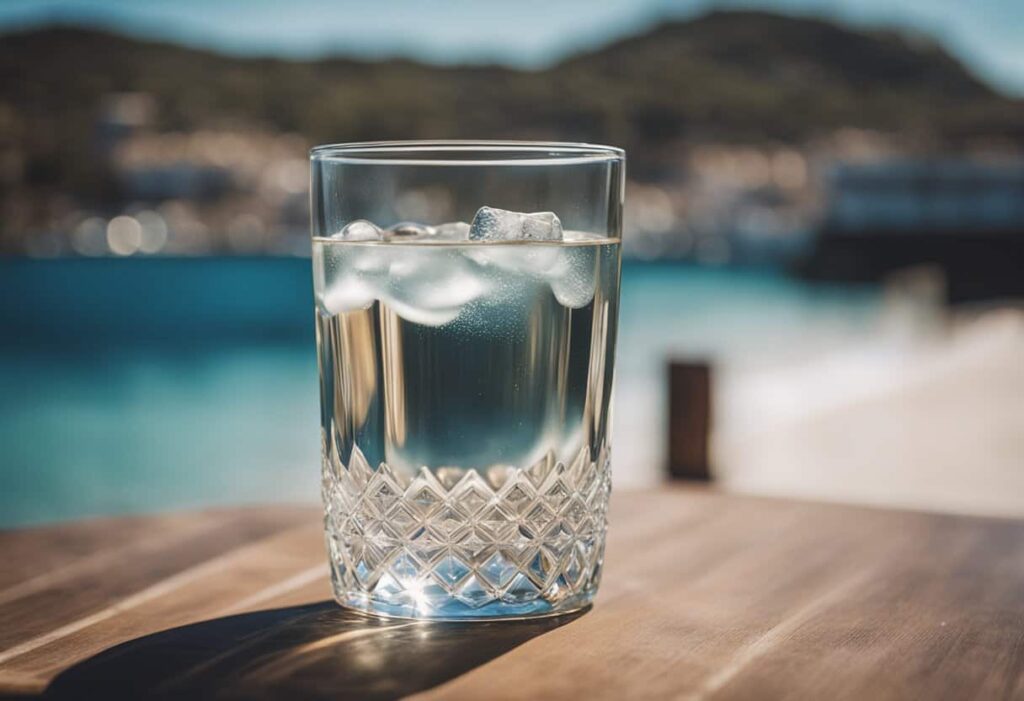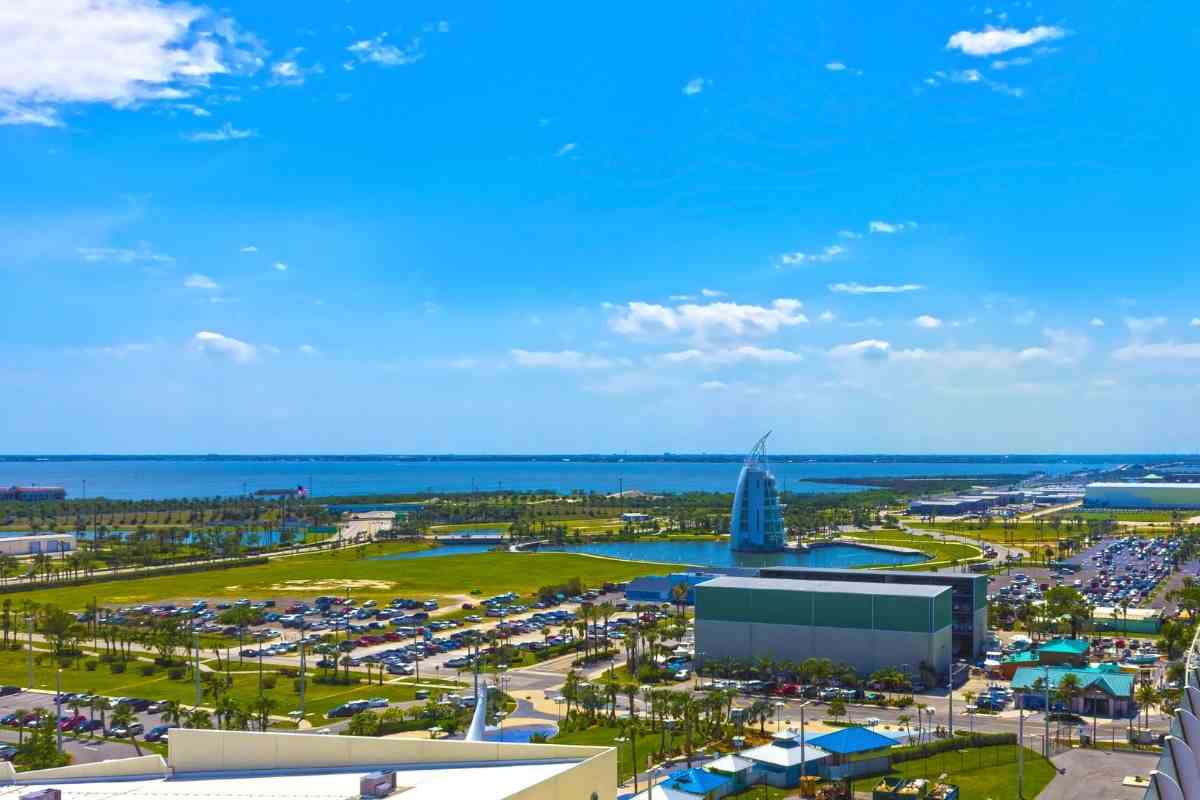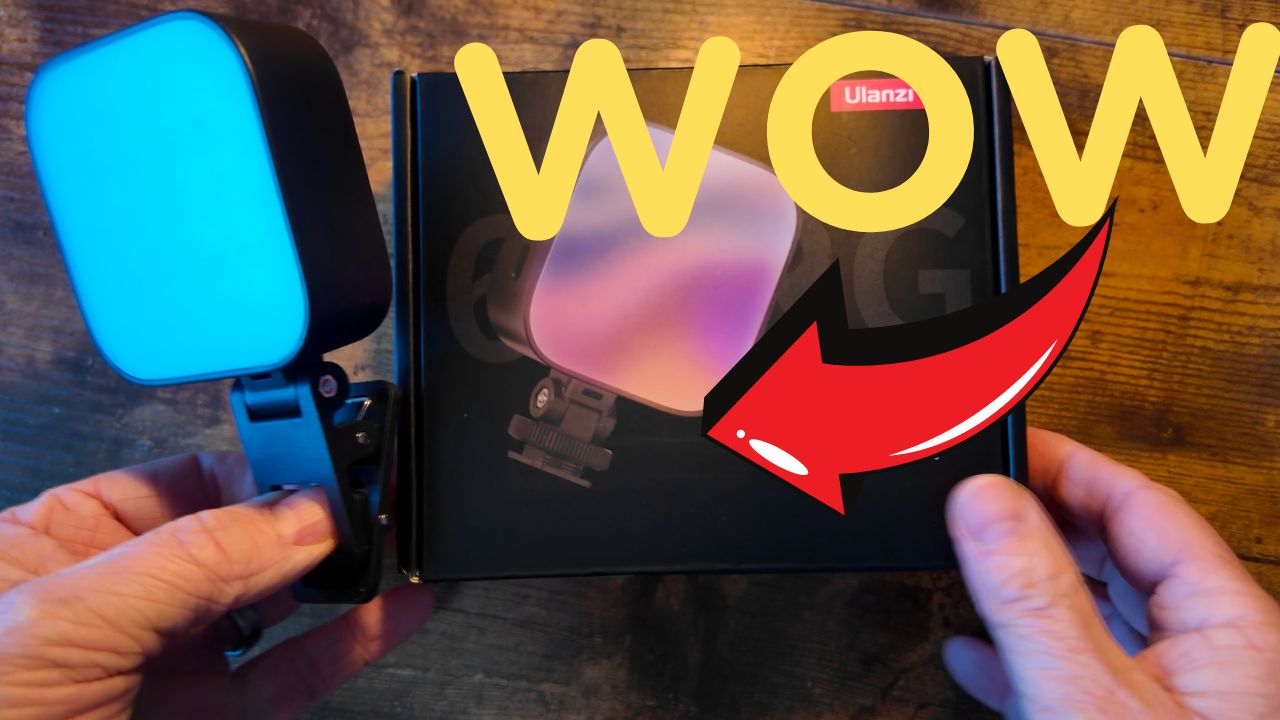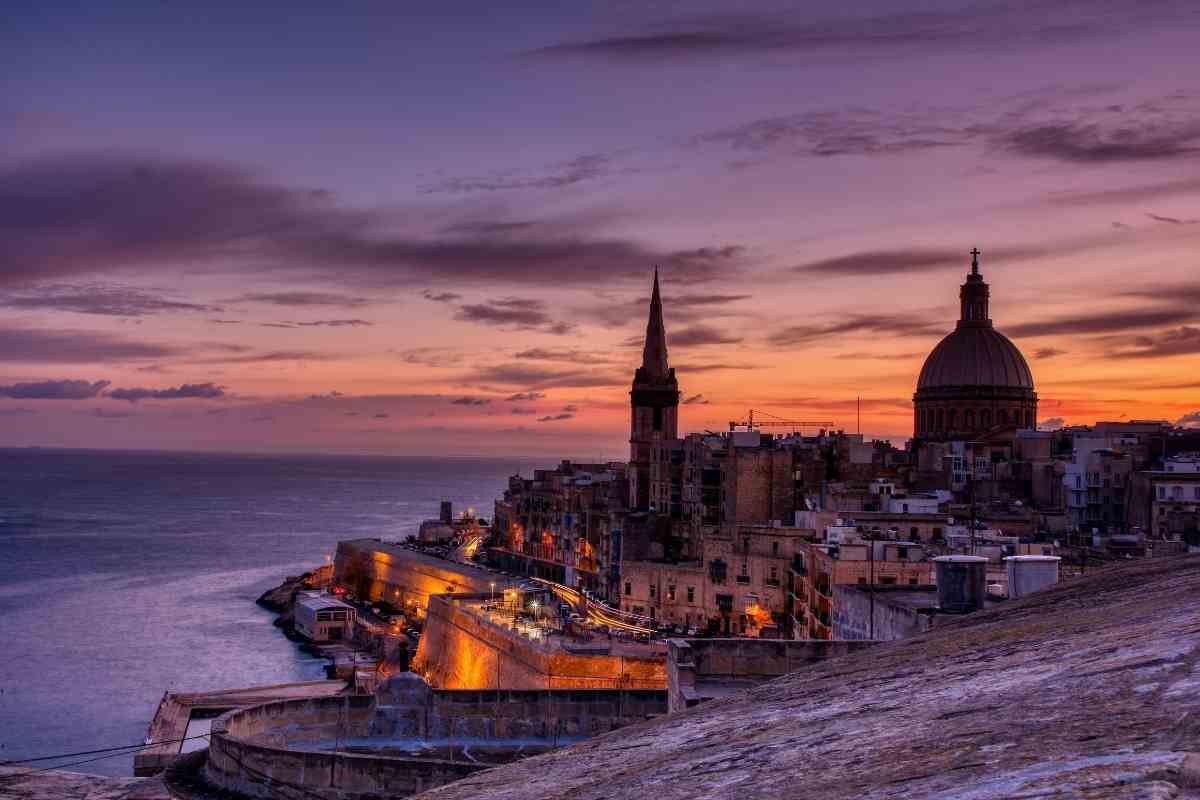Norwegian Cruise Line must pay USD 110 million in damages for using the Havana Cruise Port Terminal that Cuba’s authorities confiscated in 1960, Miami Herald reported, citing a court ruling by US District Judge Beth Bloom.
The plaintiff, the Delaware-registered Havana Docks Corp.Havana Docks Corp., had the concession to some of the ports in Havana that Fidel Castro had illegally confiscated in the 60s.
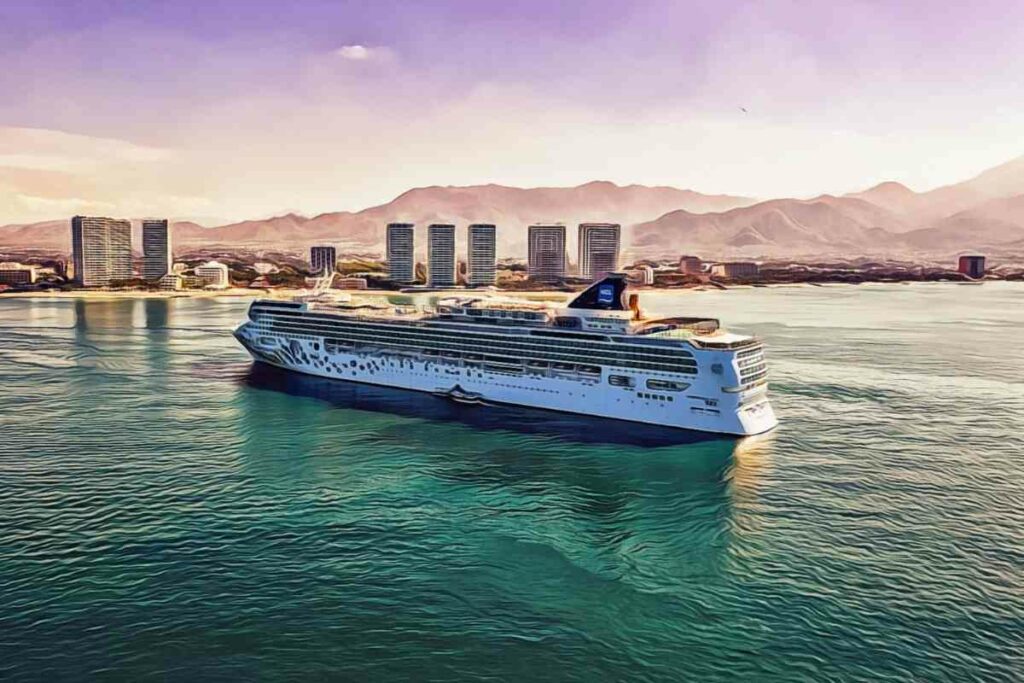
Norwegian should also pay USD 3 million in legal costs. It is not immediately clear whether the defendant would appeal the ruling.
The court decision follows another Judge Bloom’s ruling in the spring against four cruise companies, including Carnival, MSC SA, Royal Caribbean, and Norwegian. They were accused of committing ”trafficking acts” and exercising ”prohibited” tourism by sailing US passengers to Cuba and using ports confiscated by Castro and currently owned by Havana Docks.
The four cruise specialists were sued to pay Havana Docks USD 439 million in total plus legal fees. Also, each of them needs to pay the amount of the original property claim along with interest. According to the report, the final amount may even get higher as the court may triple the amount of the damages awarded.
Although Havana Docks’ property claim was certified by the US Justice Department, Cuba never compensated it, according to the report. Subsequently, Havana Docks sued the cruise companies under the Helms-Burton Act. It allowed US nationals to sue over the usage of property seized in Cuba after 1959. According to Miguel Diaz-Canel, President of Cuba, the act was allegedly an extra-territorial violation of international law.
The court ruling could trigger more lawsuits by Cuban exiles asking for damages. Per the US-Cuba Trade and Economic Council, a non-profit organization dealing with bilateral trade relations, the 5,913 confirmed claims for property seized in Cuba could result in almost USD 2 billion in liability. Some 44 lawsuits have been filed under the Helms-Burton Act so far, the organization said.
Former US President Barack Obama eased some provisions of the US embargo since the Cold War. As a result, in 2016, the US cruise companies started sailing to Cuba. However, in 2019, the Trump administration banned the cruises to the Caribbean island in a bid to pressure the country over its support for Venezuelan President Nicolas Maduro.
The Trump administration also made it possible for US citizens to bring third parties to court for using property seized by Havana, a specific provision of the Helms-Burton Act that had been previously waived.
”The commercial usage of confiscated property in Cuba in violation of US law carries detailed and well-known and publicized legal consequences. After decades of pursuing its legal rights, Havana Docks is one step closer to justice,” Bob Martinez, the head of Havana Docks’ legal team, told Miami Herald.
Carnival Corporation declines any wrongdoing and intends to appeal the ruling, chief communication officer Jody Venturoni told Miami Herald. Havana Docks and Carnival were involved in legal battles for over two years.
Norwegian, MSC SA, and Royal Caribbean did not comment on the latest court ruling and their potential intention to appeal the previous one.
- What Is Malta Famous For? Malta Local History and Past Events
- Can You Drink Tap Water in Ibiza? Crucial Facts for Safe Hydration
- Can You Drink the Tap Water in Lanzarote? Essential Facts for Travelers
- Can you drink the tap water in Crete? Essential Guide for Travelers
- Can You Drink Tap Water in Tenerife? An Expert’s Guide
- Can You Drink the Tap Water in Croatia? Guide for Travelers
